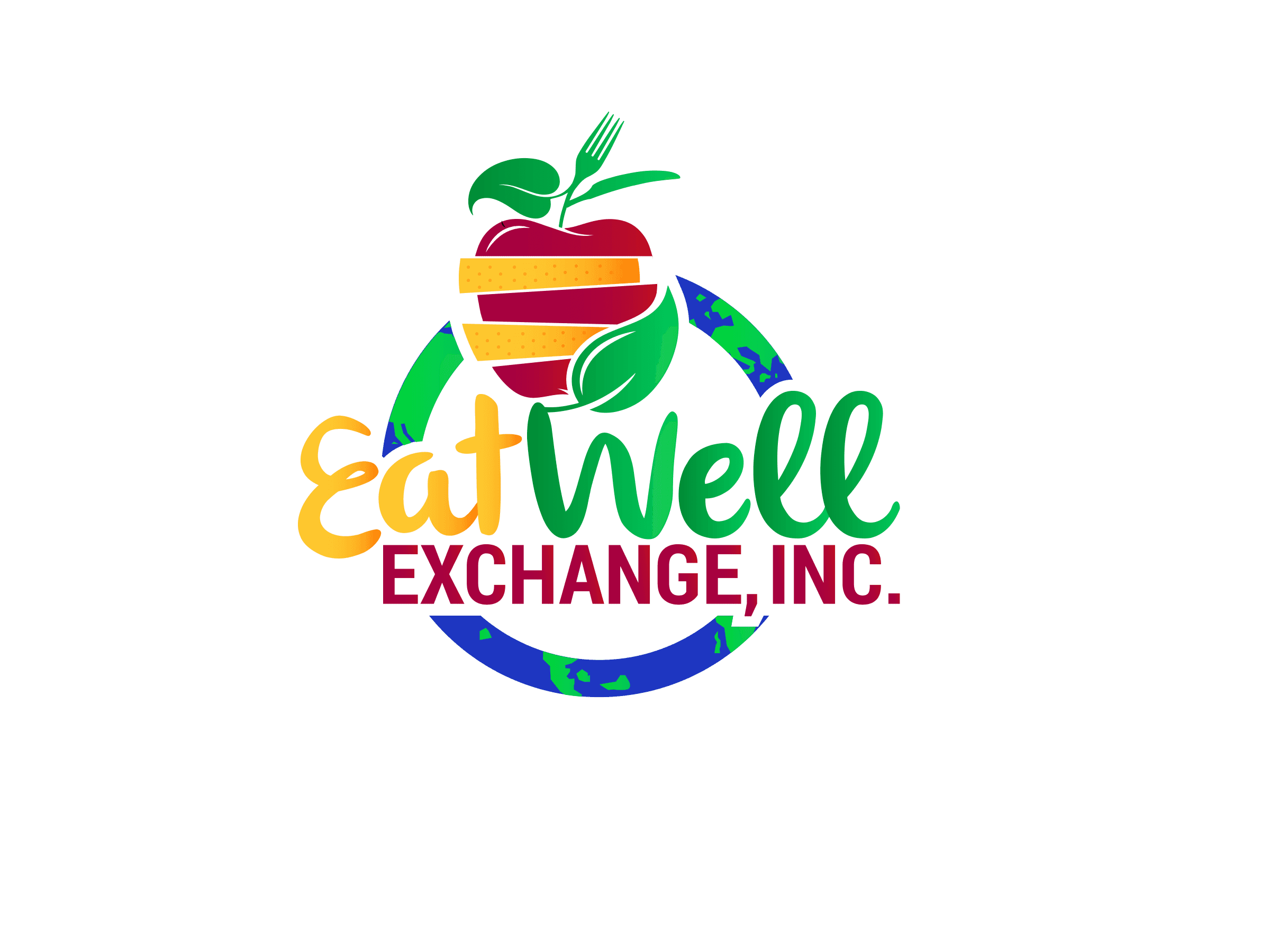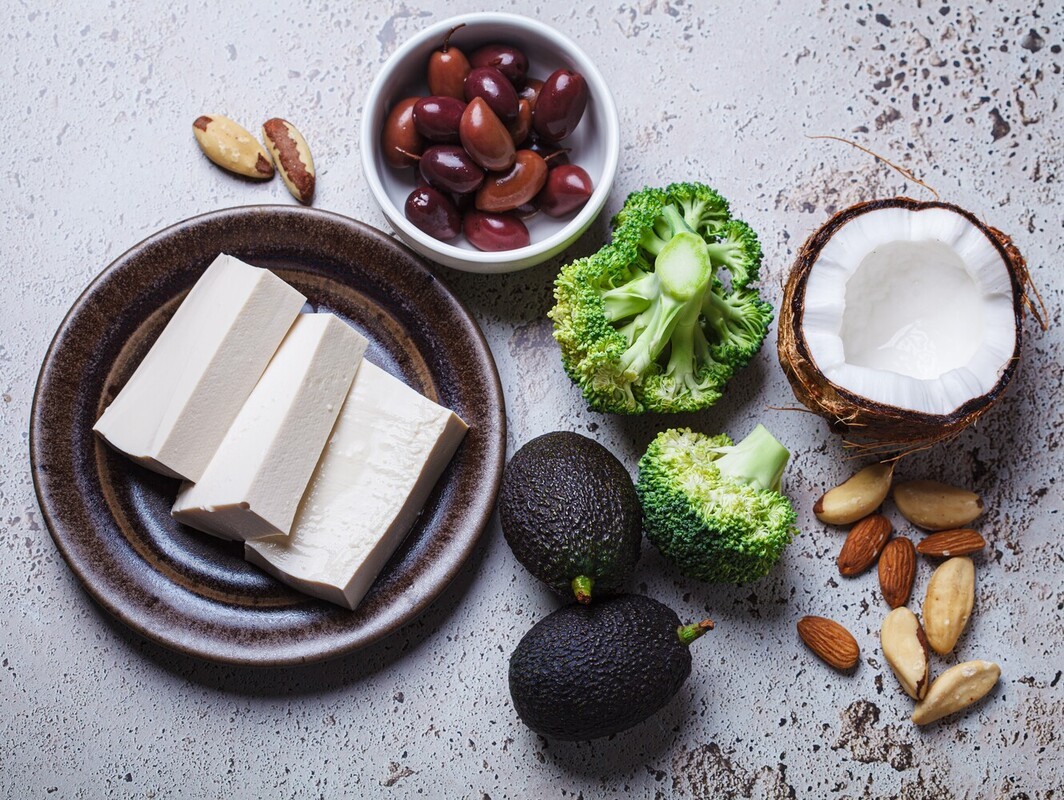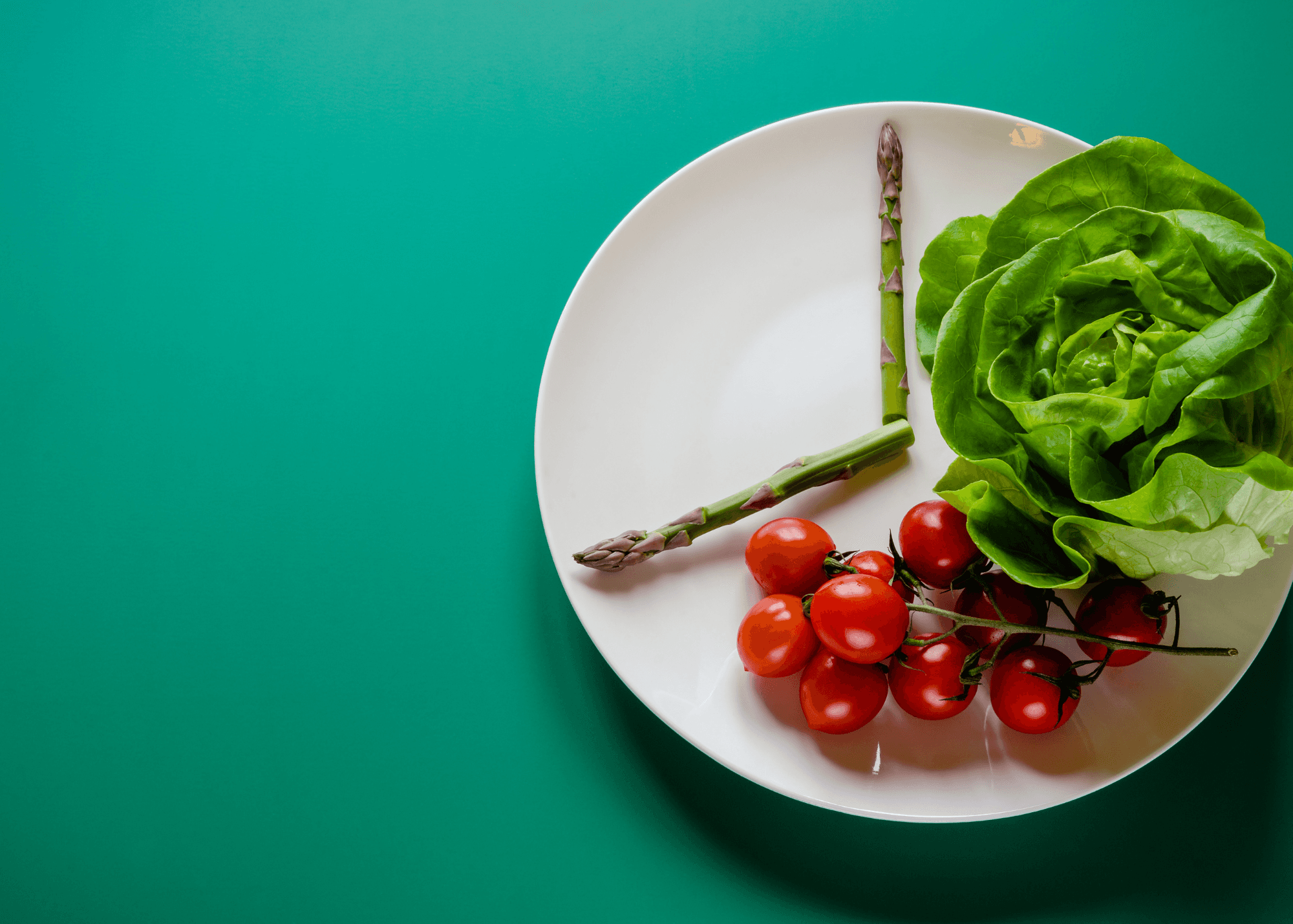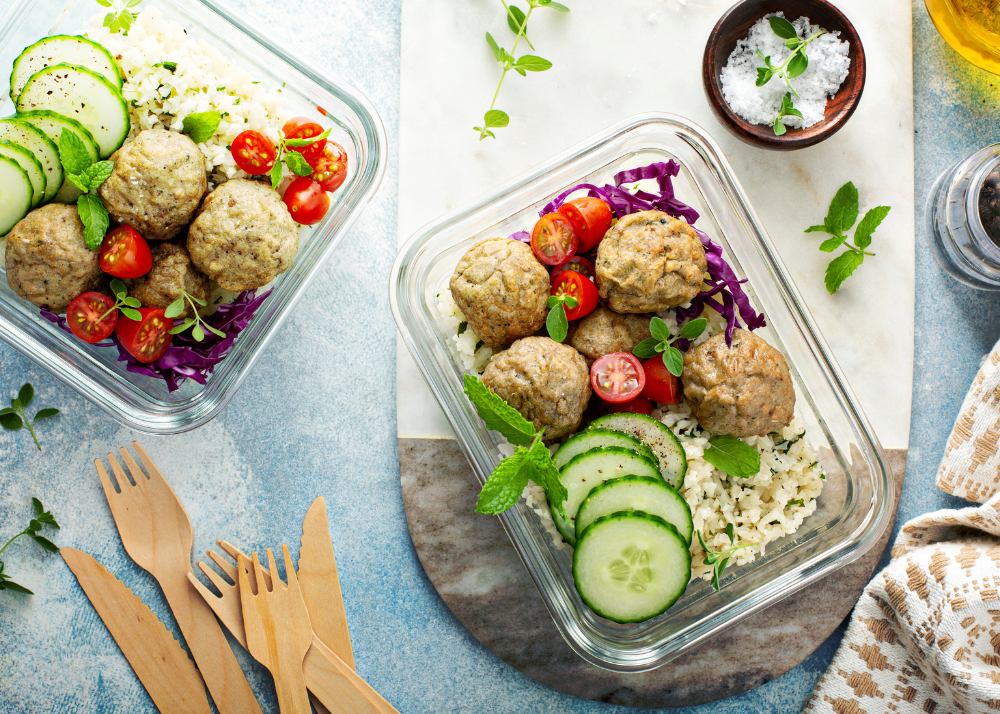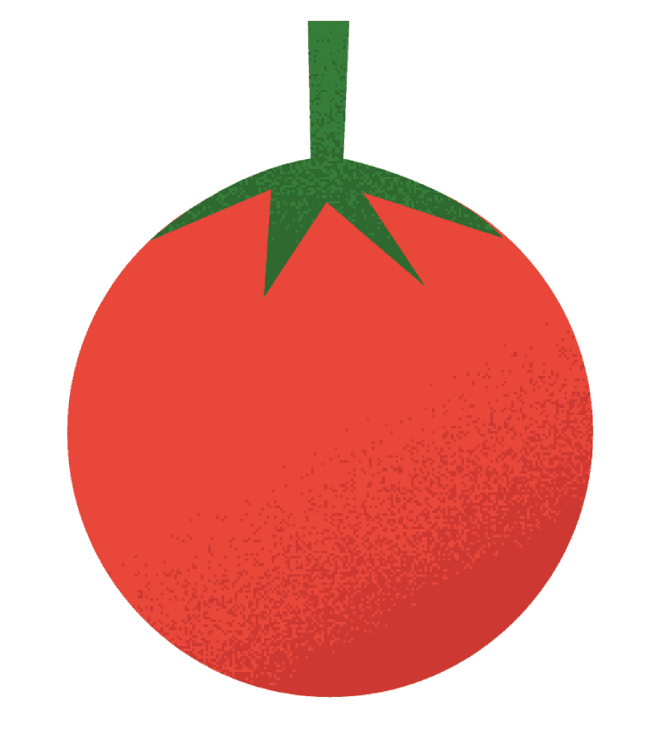EatWell Exchange is a non-profit organization started in 2017 to, "decrease health disparities in low socio-economic communities while keeping culturally relevant food on the table".
We had the privilege of sitting down with co-founder Jasmine Westbrooks-Figaro, MS, RD, LDN, CDCES to discuss the journey to starting and growing EatWell Exchange, as well as the impact it has today.
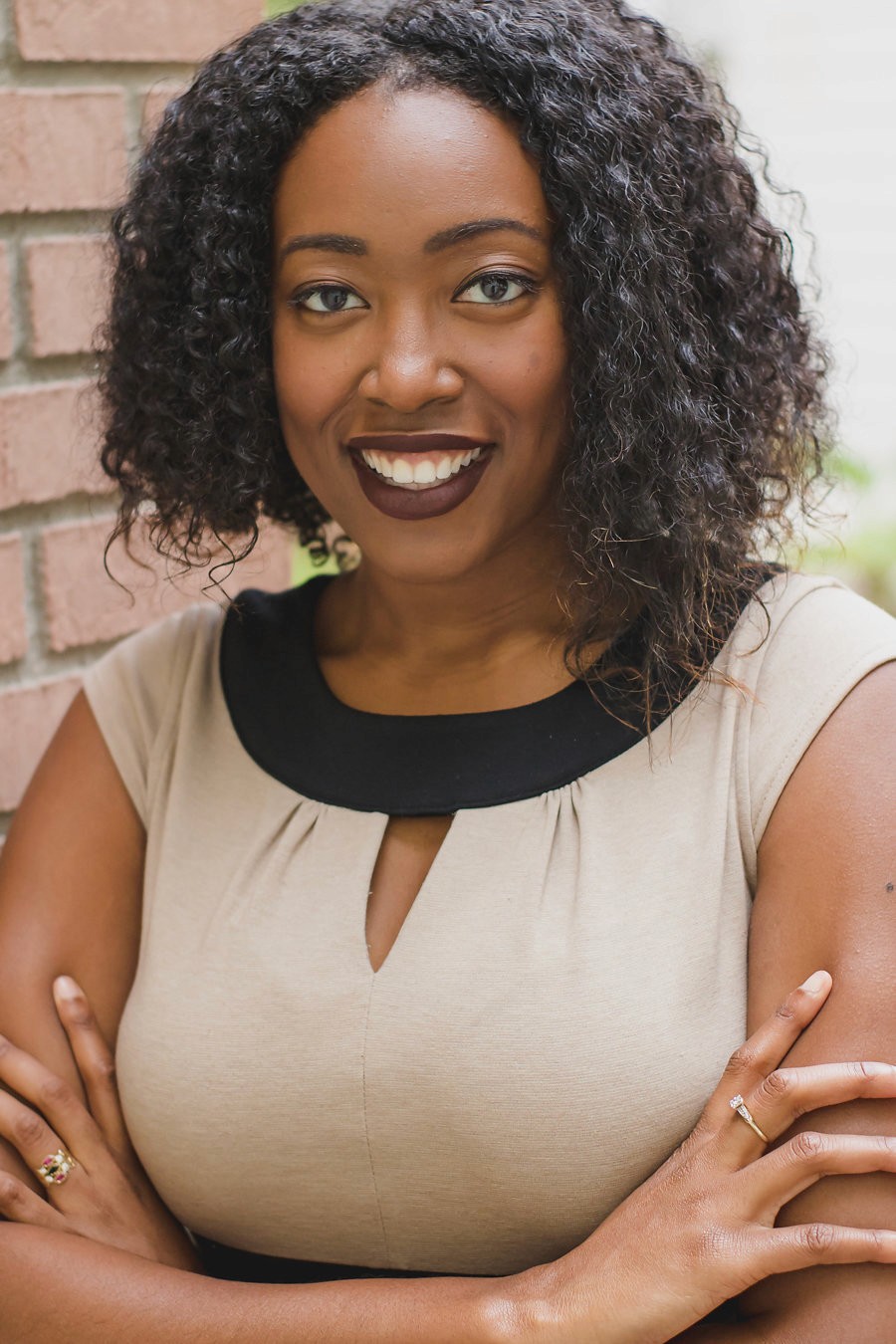
About EatWell Exchange
Q:Can you tell us more about what inspired you to begin EatWell Exchange and what the journey was to start?
A: Working for the Florida Health Department’s Women, Infants, and Children (WIC) program inspired the birth and creation of EatWell Exchange. My coworkers and I noticed that the different backgrounds and ethnicities of the WIC participants who received WIC benefits and nutrition education were served according to their cultural food preferences. Often the participants would receive nutrition recommendations to eat foods that were not prevalent in the grocery stores they shopped at or familiar to their upbringing. This was because, at the time, the nutrition field lacked education about the benefits of culturally relevant foods. For example, many participants were told to eat their standard healthy meal of chicken, brown rice, and broccoli, but this often limited the participants' ability to relate to a healthy plate because their cultural foods were not reflected. There is also a lack of representation in regard to Black dietitians in our field; unfortunately, Black dietitians only make up less than 3% of all dietitians in the U.S.
Our other nutrition colleagues did not grow up engaging in experiences, environments, and challenges similar to the participants. Examples include participants' limited access to transportation to get to and from the grocery store 20-30 minutes away or lack of support from family, friends, or loved ones. The main issue was, and is still relevant today, the lack of education, leading underserved communities closer to developing preventable conditions like diabetes, cancer, and heart disease. The lack of understanding of the barriers and social determinants of health that some participants were experiencing wasn't relatable. Initially, we started EatWell Exchange to provide nutrition education around cultural foods, but after engaging with community members and leaders, it was clear that there was a need and interest for culinary cooking programs and access availability.
Q: Wow - it sounds like EatWell Exchange grew so much by observing and recognizing what was needed, and understanding how you could use your skills and expertise to jump in. What barriers have you faced along the way?
A: Nutrition and what is trending are constantly evolving, so entrepreneurs must continue to develop and grow in the process. If you asked me 10 years ago if I would be running a nonprofit organization, I would not believe it. Speaking of nonprofits, running one takes work, and at times, the cofounder and I have to face challenges and navigate accordingly. We are the only full-time employees in our organization. This means we work long hours and wear multiple hats in our business, even eight years in.This includes looking for and being awarded funding.
Multi-funding opportunities are a barrier, especially for operating funds. We are actively interested in gaining relationships and support from foundations and philanthropic efforts that support our mission and vision for EatWell Exchange.
EatWell Exchange's Impact
Q: While there are sill barriers you continue to face, you have also found incredible success in supporting 45,000+ individuals. Has there ever been a moment where you could sit back, take it all in, and think, "we've got this"?
A: Definitely after the pandemic. We knew there was an impact because word was spreading quickly. Our social pages increased to over 2,000 followers on day because people were intrigued, and we knew we were reframing what a "healthy" plate looks like. Our most extensive program is now our culinary program. These programs include bilingual culinary programs (Latino and Haitian Kreyol programs), our Prevent Diabetes culinary program focused on foods from the African diaspora, our BIPOC Maternal Health culinary program, and Kids & Teens culinary program.
Q: And what about any stories that come to mind when you think about the impact EatWell Exchange has had on others?
A: EatWell Exchange has served over 45,000 people since 2017. We have heard so many different testimonials and stories, from empowerment to physical health transformations. One that sticks out to me is a participant from our prevent diabetes culinary program. One of our participants lost over 30 pounds and decreased her A1c by one point after completing our 6-month program. She described her habits as not being able to stick with them because they didn't seem achievable; her cultural foods were not involved in her health goals whenever other healthcare professionals advised her to diet.
After attending our classes and engaging in cooking programs, she increased her fruit and vegetable intake by 50%, participated more often in physical activity that involved her entire neighborhood, and started having a new outlook on her cultural foods. She also mentioned that it helped to have support from an educator and dietitian who looked like her because she felt that her voice was heard and her life experiences were similar. She was so impressed that she could lose weight, improve her labs, and feel great without compromising her identity and food preferences. It was because we had foods like sweet potatoes, lima beans, plantains, rice and peas, mac and cheese, and cabbage that she was able to learn about portion sizes, the benefits of her cultural foods and stick to an eating pattern that now her family eats together.
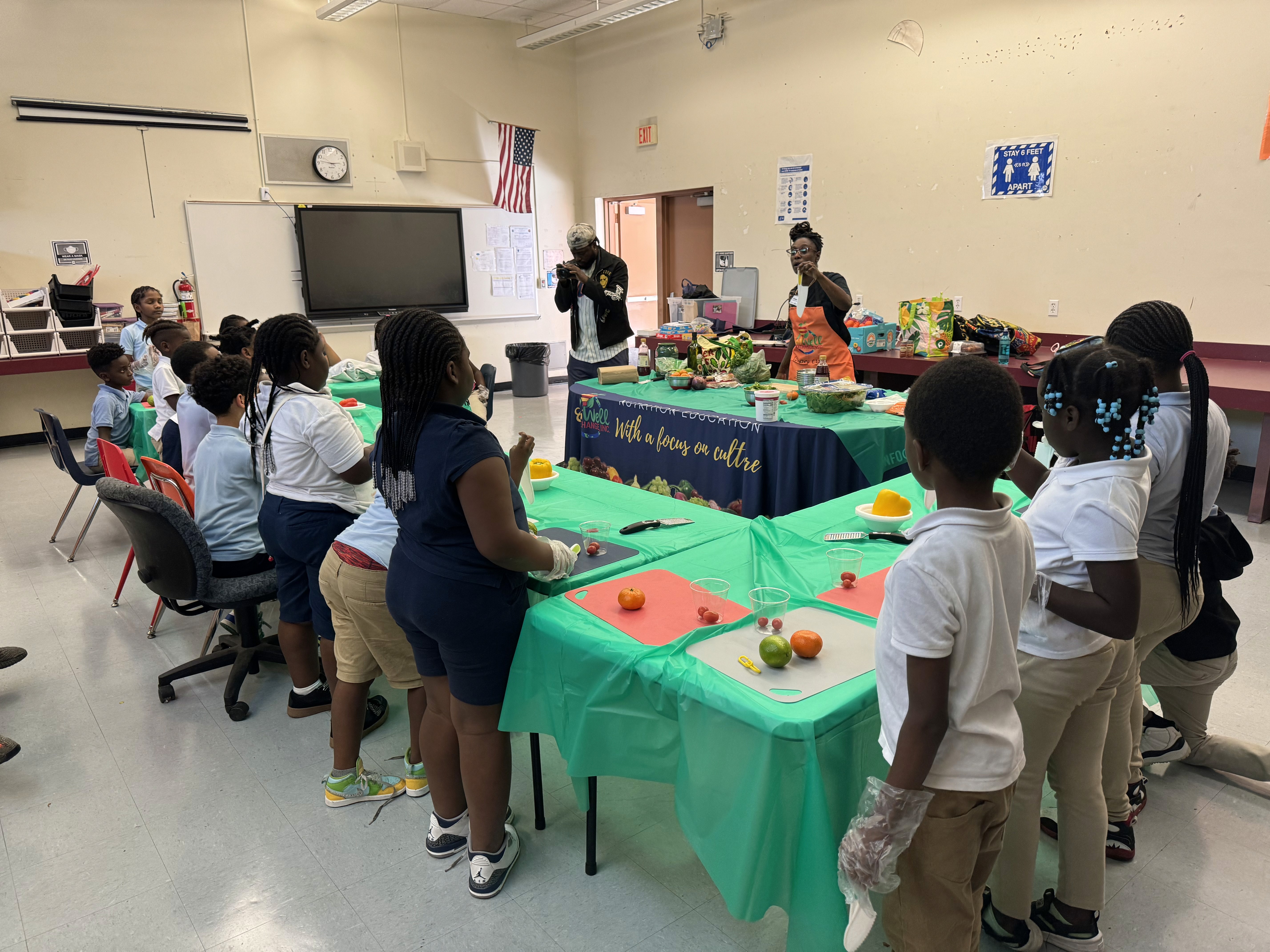
What Your Support Can Do
Q: Clearly, EatWell Exchange’s impact is needed! It’s incredible to hear what you have achieved in the past 7 years, and I am sure that you have additional goals on the horizon. What are your upcoming goals?
A: Our upcoming goals include creating several teaching kitchen spaces to host standalone programs. EatWell Exchange has demanded more consistent classes year-round that underserved communities can actively sign up for without being a part of a private partnership.
We are also on a mission to raise $500,000 within three years every year for operating and programming funds. The demand for our organization is growing, and we want to be able to provide culture-focused education and culinary classes for current and future generations.
How You Can Help
Q: Those are some exciting goals! We are so excited to watch EatWell Exchange continue to grow and serve more people throughout the country. I’m sure our readers will also find EatWell Exchange’s work imperative and want to show support. How can someone get involved and help?
A: EatWell Exchange is always looking for support, whether it is a connection with other potential companies or organizations to partner with, a referral for speaking engagements, or donations accepted year-round. You can donate via our website. We are also always looking for volunteers who are virtual or onsite nationally. You can go here to sign up. We are looking for volunteers in the nutrition field, administrative work, content creation, and fundraising with various skill sets. As requests and inquiries come in, we contact our volunteer team as needed.
As EatWell Exchange is growing, lending a helping hand helps us make the most impact possible. One of our biggest goals is to own a teaching kitchen and facility in Florida, North Carolina, and Tennessee for our standalone programs. A teaching kitchen would allow us to provide weekly culinary and nutrition education classes, exceeding our impact on over 10,000 underserved individuals yearly!
Conclusion
EatWell Exchange is on a mission to impact our country through education and support towards better nutrition and overall health. Jasmine Westbrooks-Figaro, MS, RD, LDN, CDCES and the team at EatWell Exchange have used their skills and expertise to support over 45,000 people in her community.
We look forward to seeing EatWell Exchange continue to grow, expand, and support others.
